A research paper published this week reveals Apple and pharmaceutical titan Eli Lilly and Company are working together to determine whether consumer devices like iPhone and Apple Watch can manage Alzheimer's disease and dementia.
Conducted in collaboration with health-tech startup Evidation, the study describes methods by which consumer electronic devices are used to detect signs of cognitive impairments, reports CNBC.
"With this research, we looked at how everyday behavior data, such as those captured by iPhones, Apple Watches, and Beddit sleep monitors, may be effective in differentiating between individuals with mild cognitive impairment and early Alzheimer's disease, and those without symptoms," Evidation co-founder Christine Lemke said in a statement to the publication.
As noted in the report, the study lasted 12 weeks and involved 113 people who were provided an iPhone, Apple Watch and Beddit sleep tracker. A total of 31 people suffering from dementia and other cognitive ailments were tested against a control group of 82 people, with all participants asked to refrain from treating symptoms with medication during the test phase.
Sensors in iPhone were used to track steps taken, while data was pulled from apps that incorporate typing functions. The handset was also used to facilitate a daily survey. Apple Watch tracked movement, heart rate, workout sessions, app usage, Breathe sessions, hours standing and other metrics, while Beddit was employed to measure a user's circadian rhythm.
Using data from iPhone, the report's authors discovered participants with cognitive issues typed more slowly, more irregularly and did not text as often as those in the control group, the report said. Further, the symptomatic group began to show regular activity — as measured by iPhone's accelerometer — later in the day and displayed a reliance on helper apps and services like Clock and Siri suggestions. People with signs of cognitive decline also answered a daily one-question survey less often and later in the day than those in the control group.
Apple data scientist Richard Chen is cited as a lead author, while three other Apple employees with backgrounds in data science and and machine learning contributed to the report. Chen left the company in February, according to his LinkedIn profile. A member of Apple's special projects team, Andrew Trister, M.D., Ph.D., is also credited as a contributor.
The report's authors are cautious about the prospect of using iPhone, Apple Watch and similar devices to detect and monitor symptoms of mild cognitive impairment and Alzheimer's disease, saying additional research and validation is needed before such applications can become a reality.
Results of the study will be discussed at the KDD 2019 conference in Anchorage, Alaska, on Thursday.
Apple is increasing investment into health-related technologies, an initiative currently spearheaded by technology integrated into Apple Watch. The latest version of the wearable boasts a next-generation heart rate sensor and includes the first FDA-approved over-the-counter electrocardiogram.
 Mikey Campbell
Mikey Campbell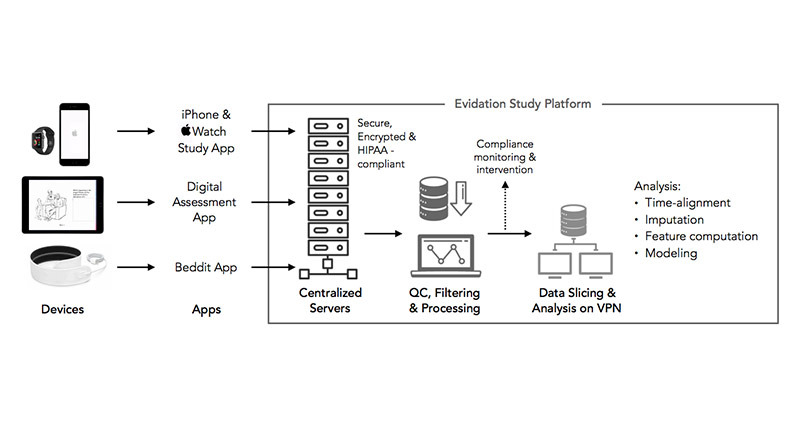







-m.jpg)






 Marko Zivkovic
Marko Zivkovic
 Wesley Hilliard
Wesley Hilliard
 Christine McKee
Christine McKee
 Malcolm Owen
Malcolm Owen

 William Gallagher
William Gallagher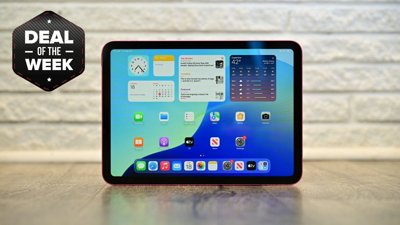

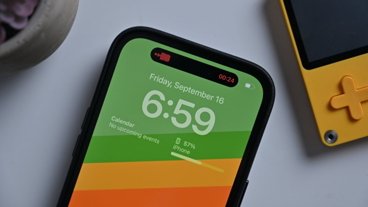
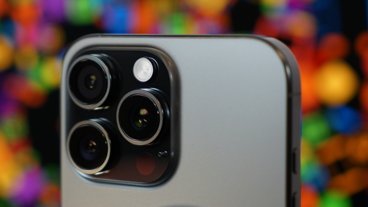
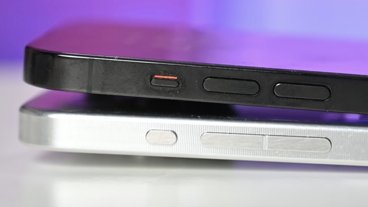


-m.jpg)



15 Comments
This is some next-level sh** and can clarify the reasons(beyond the obvious) why Apple may have acquired Beddit.
Like I mentioned in the Intel acquisition thread. Apple doesn't JUST acquire a company without a long term vision.
A lot of things can contribute to Dementia. Saw my Doc Monday and he mentioned that a recent CE class they discussed that a large number of sleeping pills can double the risk of Dementia. He also said that he has banned those groups of sleep meds from his practice. While detection is damn important, just as important are those aspects of daily life that can cause it. It might be that a lower level of oxygen in the blood (PulseOx) brings it on faster, or chemicals exposed to at work or during military service. PulseOx is easy to check with inexpensive meters you can get from Amazon type web sites.
The Apple Watch can absolutely be used to detect dementia. The more expensive Apple watches one buys and the more often one buys them the more demented the individual is.